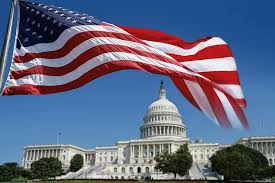The U.S. State Department Report on Human Rights: Political Selectivity or Defense of Principles?

The report criticized Britain, France, and Germany for imposing restrictions on "hate speech" online, accusing them of "interfering with freedom of expression," especially after a stabbing incident in Britain prompted authorities to monitor inciting posts. Ironically, the U.S. administration itself, under Trump and Rubio, conducted similar campaigns against student activists who criticized Israel, including preventing them from obtaining visas.
While Europe is condemned for its internet restrictions, the violations in El Salvador are ignored, where repressive security campaigns are carried out under the pretext of combating crime, or Israel's violations in Gaza, which the report only described in general terms without clear condemnation.
The report acknowledged that Israel committed violations such as "arbitrary detention" and "extrajudicial killings," but praised its efforts in "holding officials accountable," despite extensive evidence of war crimes in Gaza. In the case of El Salvador, the report claimed that "no serious violations" occurred, despite reports from human rights organizations about the torture of deportees returned by the Trump administration, who were placed in extremely harsh prisons.
The report criticized Brazil for restricting online content, referring to measures against supporters of Bolsonaro, who is accused of attempting a coup, while ignoring the coup itself. It also condemned the deterioration of human rights in South Africa, where Trump supported the white minority, in a speech that entrenches political bias.
The report, according to organizations like Amnesty International, sends a message that Washington will overlook violations if they are associated with its allies. Democrats described it as a shift from an objective tool to a "propaganda tool" to promote Trump's cultural and political agenda.
The annual human rights report, once considered an international reference, is now subject to accusations of political bias. Its criticism of Europe while overlooking the violations of Israel and El Salvador reflects a double standard that undermines the credibility of the United States in defending human rights globally.